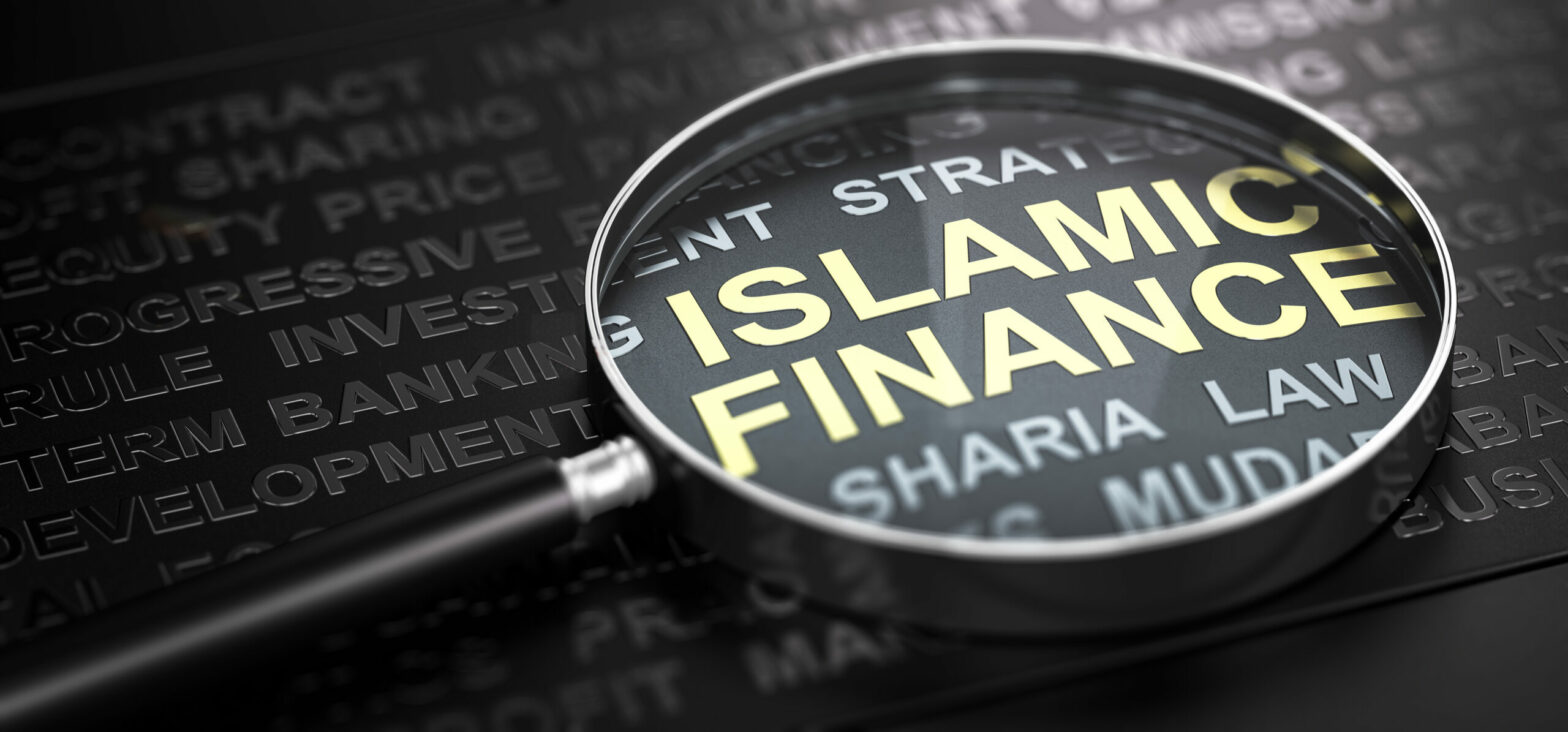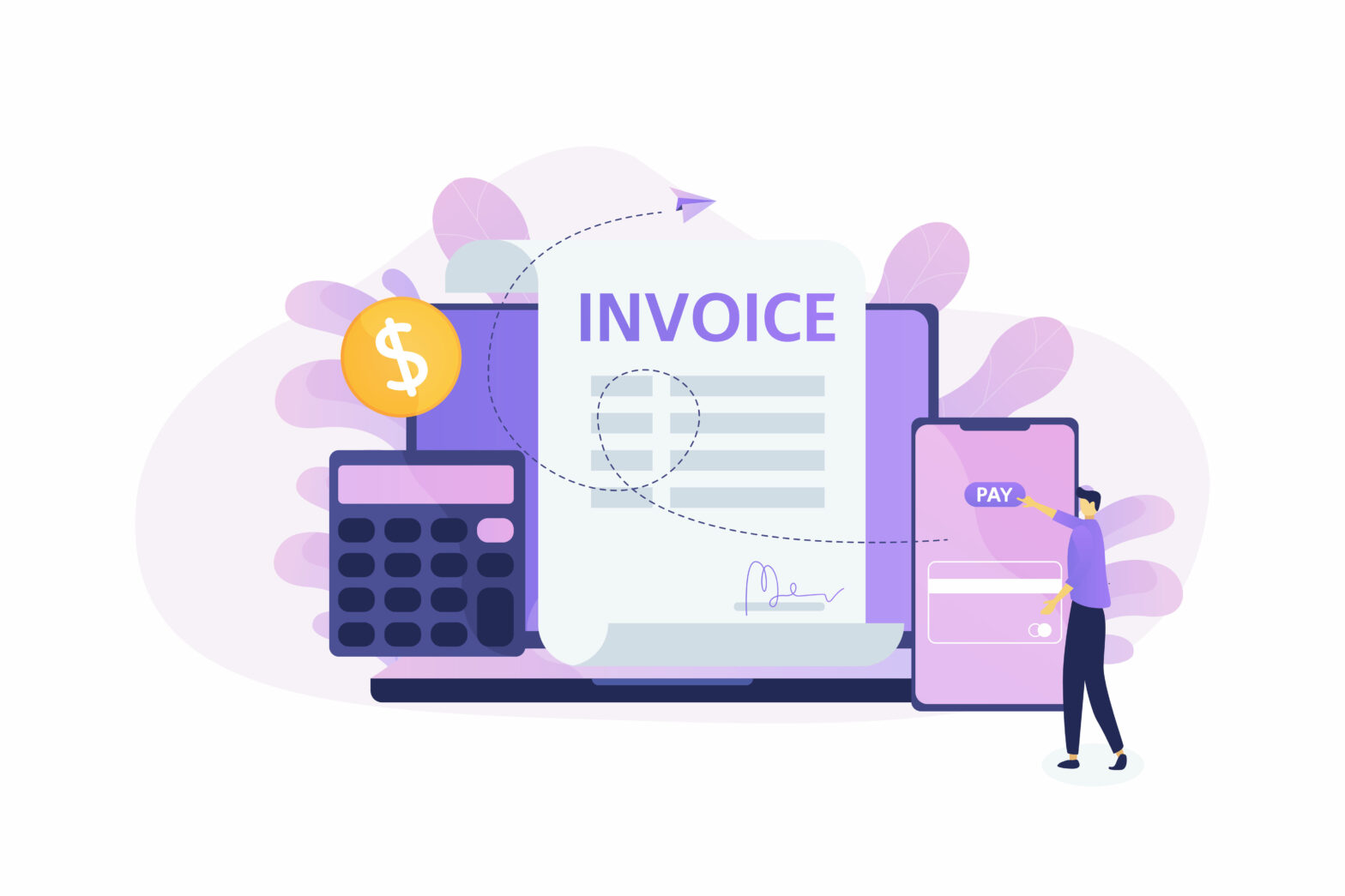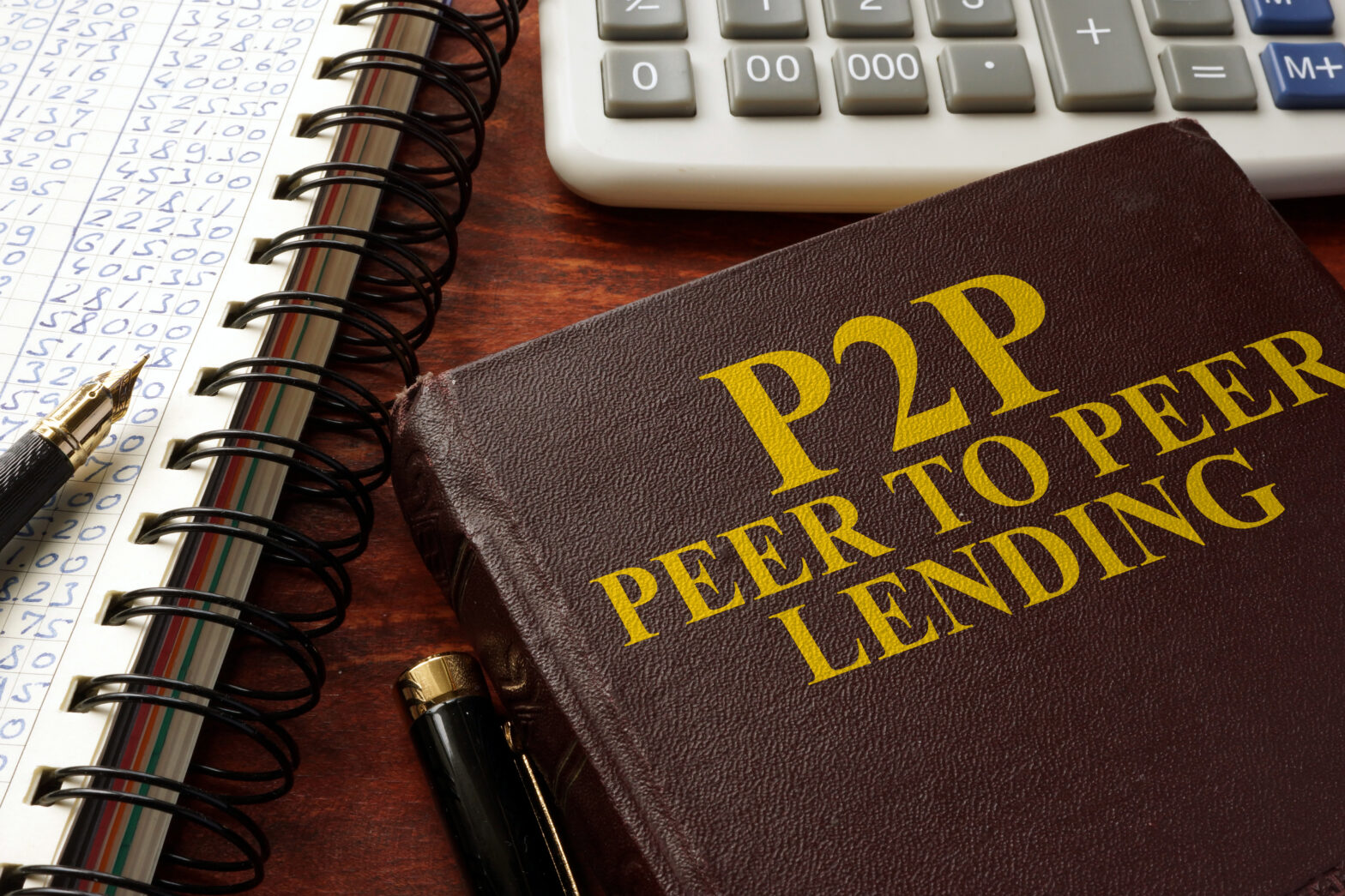Qardus, the first small business Islamic finance platform in the UK, hopes to arrange up to £2.5m worth of funding over the coming year.
The crowdfunding platform, which launched last July, offers sharia-compliant Islamic finance to any small business, whether it is Muslim-owned or not.
Muslim-owned SMEs are an underserved market in Britain, as they are forbidden to borrow money or pay interest under Sharia law yet still need to grow.
>See also: Sharia start-up funding boom as UK leads in Islamic finance
An estimated 3.3m Muslims live in Britain, many of whom need to grow their small businesses but are prohibited under Sharia from borrowing from high street banks. (The word “Sharia” means a well-trodden pathway to water, although in this case it means religious legislation.)
So far, Qardus has arranged nearly £320,000 worth of Islamic finance for five small business owners, including a property firm, a chemist and a dental practice.
Firms can arrange anything between £25,000 and £200,000, which they repay over up to 36 months.
Around 750 individual investors have signed up for the Qardus crowdfunding platform.
Just as Muslim-owned microbusinesses do not really have anywhere to turn for Sharia-compliant finance – most of the big Islamic finance banks only work with big-ticket property deals – so there are not many places that Muslim investors can place their money in a halal way.
Hassan Daher, founder of Qardus, said; “Because we are in such a low-interest environment, investors are seeking yields elsewhere. They like our returns and see us as offering a unique proposition and a separate asset class. Our product is attractive to non-Muslim investors as well.”
However, because Qardus cannot lend money per se, its unsecured finance works in a different way, known as murabaha.
Allowable under Sharia law, a Qardus SPV buys, say, £100,000 worth of a non-precious metal such as tin or steel, and then sells it to the small business for £120,000. Qardus then acts as the agent of the small business to immediately sell the non-precious metals and provide it with the funds. Out of this Qardus takes an upfront fee of up to 7 per cent and the £120,000 deferred payment is paid out by the small business to investors over the finance term.
From the business owner’s point of view, it appears to be an effortless – but crucially Sharia-compliant – finance facility once paperwork is signed. Money hits the SME’s bank account within a couple of days of the offer being fully funded.
Hassan Daher, founder of Qardus, said: “Islamic finance is a dense subject and more needs to be done to disseminate information in a way that’s easy to understand. We want to make the underlying essence of Islamic finance understood by any small business.”
Promote a social good
Crucially, Islamic finance can only be used by certain types of small business, ones which care for people or promote a social good.
Certain businesses are barred from Islamic finance, such as any involved with alcohol, pork, gambling or any other non-Islamic activity. This also includes mass entertainment such as music, cinema or TV shows.
However, Islamic finance is available to any small business with a social agenda – a coffee bar run by former homeless, for example, or a catering employment agency which only has former prisoners on its books – and its terms may be more attractive, say, than the new Recovery Loan Scheme, which charges interest at up to 15 per cent.
Daher said: “Our platform is open to SMEs that pass Sharia screening criteria, but they don’t have to be owned by Muslims. We feel that social impact is in our DNA. Social impact has to come before anything else. How can we give back to the community we’re serving?”
Indeed, Qardus has been talking to several non-Muslim-owned but socially progressive businesses.
Furthermore, Qardus feels that it can help microbusinesses to become more ethical and socially aware, as part of its service. Unlike enterprise-size companies, microbusinesses do not have time or resources to devote to social good or sustainability.
Perhaps unsurprisingly, Qardus is in talks with institutional investors, as socially conscious Islamic finance ticks many of the boxes when it comes to enterprise-size ESG commitments.
Qardus has been backed by early stage investors Founders Factory and SFC Capital. Daher developed the crowdfunding platform through the Founders Factory programme, having completed a PhD in Islamic finance in Malaysia, where half of the economy is run on a Sharia-compliant basis.





